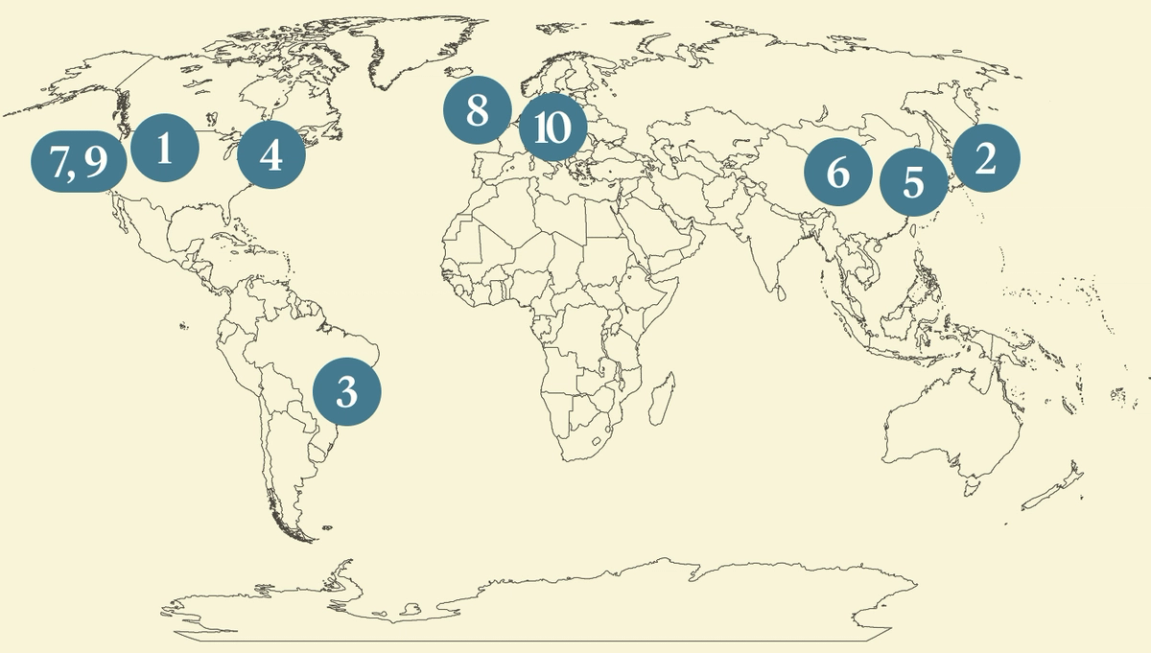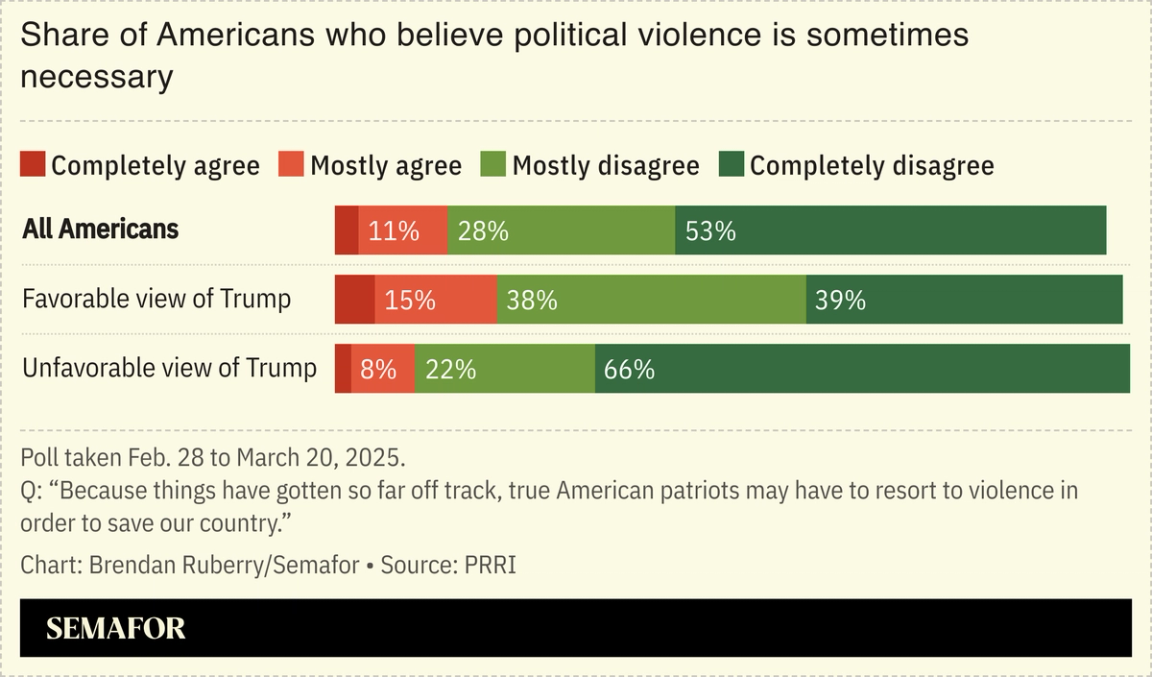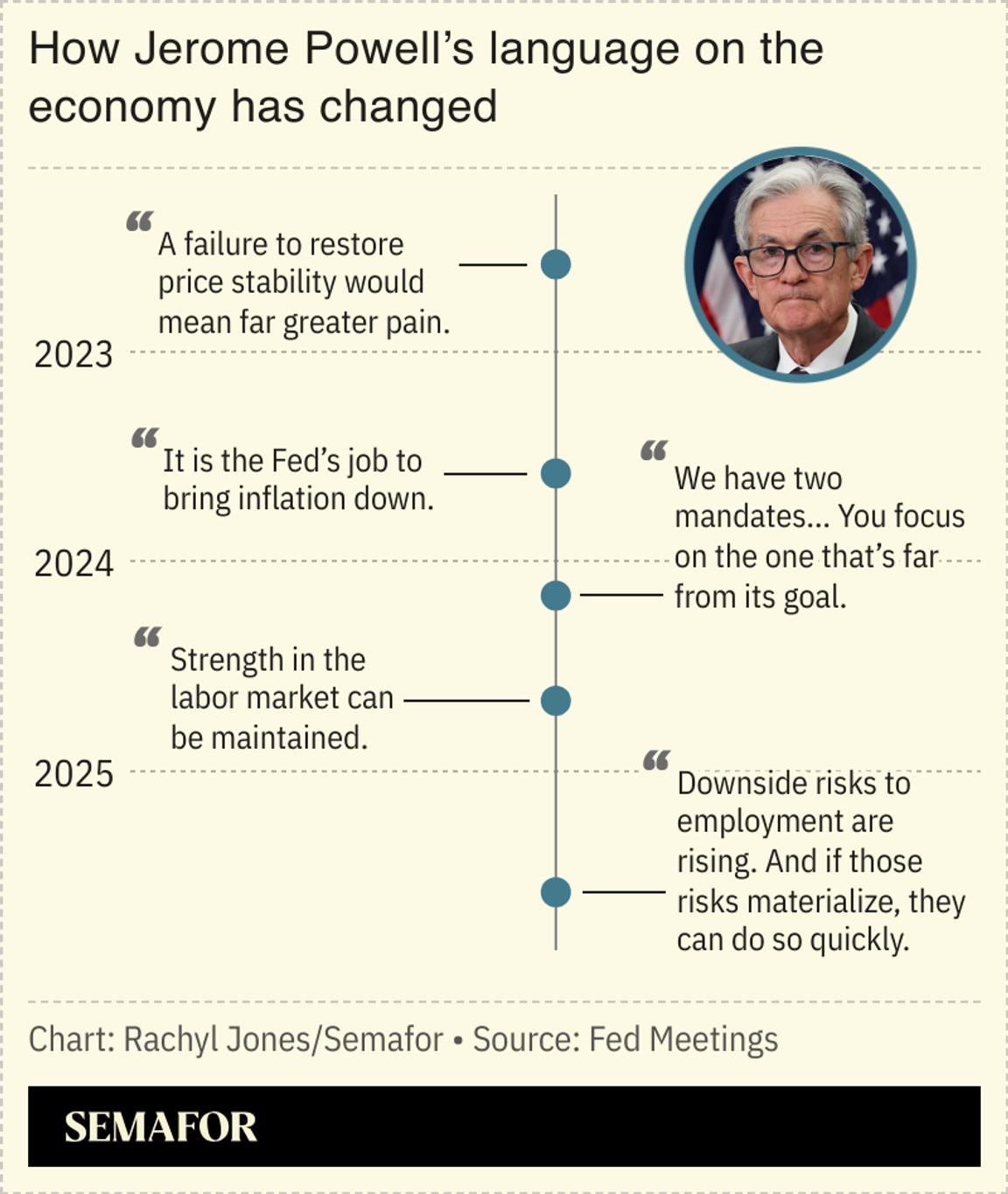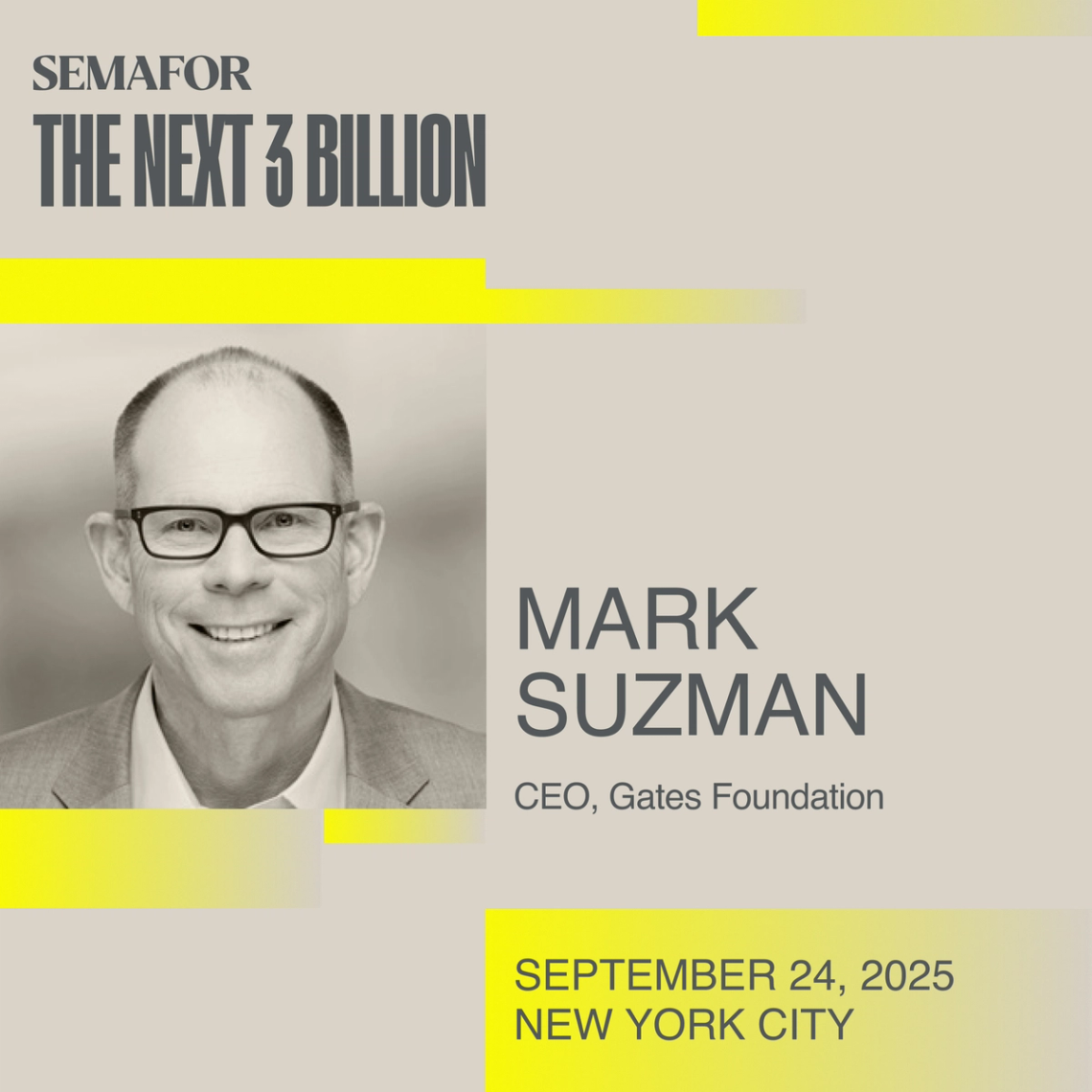| | US authorities continue their search for Charlie Kirk’s killer, consumer inflation rises in the US, ͏ ͏ ͏ ͏ ͏ ͏ |
| |  | Flagship |  |
| |
|
The World Today |  - Manhunt ongoing in Kirk case
- Charlie Kirk’s global reach
- Bolsonaro found guilty
- US inflation rises
- SK leader warns Trump
- China reduces Nvidia reliance
- AirPods can open markets
- 8 years after Grenfell fire
- No drivers, new rules
- Universal color perception
 An exhibition leans into the macabre nature of nature. |
|
Search continues for Charlie Kirk killer |
 US authorities on Thursday continued their search for the person who shot and killed prominent conservative activist Charlie Kirk, whose death deepened the country’s political rifts. Investigators offered cash rewards for information and released photos of a new person of interest, suggesting facial recognition wasn’t able to identify a suspect, The New York Times reported. Even as the shooter and motive remain unknown, Democratic and Republican lawmakers engaged in finger-pointing over worsening political violence, and President Donald Trump blamed the “radical left” for Kirk’s death. Trump “is often spurred to action by events that affect people he knows,” The Atlantic wrote. “It remains unclear just what sort of national reckoning Kirk’s murder will prompt.” |
|
Charlie Kirk’s global reach |
 A tribute in Mumbai. Ashish Vaishnav / SOPA Images via Reuters Connect A tribute in Mumbai. Ashish Vaishnav / SOPA Images via Reuters ConnectThe killing of conservative US activist Charlie Kirk reverberated around the world, reflecting his influence on global right-wing politics. A central figure in Donald Trump’s MAGA movement, Kirk was active in motivating ideologically aligned factions in Europe and Asia particularly: Just last week, he addressed Trump-inspired groups in South Korea and Japan, touching on populist ideals, anti-immigration themes, and traditional social values. Reactions to Kirk’s death Wednesday also pointed to his reach among the highest echelons of world governments: Israel’s prime minister called him a “once-in-a-generation” figure and tributes flooded in from prominent European right-wing leaders, as well as some high-ranking Russian officials who blamed the left and “Ukraine supporters” for rising political violence in the US. |
|
Bolsonaro found guilty of coup charges |
 Adriano Machado/Reuters Adriano Machado/ReutersA majority of Brazil’s Supreme Court judges found former President Jair Bolsonaro guilty of plotting a military coup in his bid to cling to power after losing the 2022 election. The ruling makes Bolsonaro the country’s first former leader to be convicted for trying to undermine democracy. The hard-right populist had already been barred from running for office until 2030, but his political movement remains robust, and his conviction — and possible imprisonment — may only further embolden his followers: “I wouldn’t declare Jair Bolsonaro’s political death,” a Brazil-based expert said. The verdict could rankle his ally, US President Donald Trump, who has punished Brazil with high tariffs among other punitive measures over what he called a “witch hunt” against Bolsonaro. |
|
Inflation complicates US rate-cut path |
 Consumer inflation in the US rose in August for a fifth straight month to its highest level since January. The 2.9% annual pace of price increases may complicate what has looked like a simple decision for the Federal Reserve to cut interest rates starting next week. The central bank’s focus, analysts say, has notably shifted over the past year from one part of its job — keeping prices stable — to the other — keeping unemployment low. Still, Thursday’s inflation reading showed prices aren’t spinning out of control, and given the cooling labor market, the Fed is still likely to reduce interest rates at its meeting next week, even though doing so risks more inflation. |
|
SK president warns US over raid |
 Kim Hong-Ji/Reuters Kim Hong-Ji/ReutersSouth Korea’s president warned Washington that tougher visa requirements for its workers would chill investment in the US. Lee Jae Myung’s strong rebuke of the US immigration raid on a Hyundai-LG plant in Georgia last week came as South Korea flew back hundreds of people detained in the crackdown. Seoul is now pushing for more visa allocations for its workers as part of its trade deal with Washington. The raid has raised concerns for South Korean businesses over their US investments: It clouds Hyundai’s US expansion plans and delays production at the Georgia factory that makes electric vehicle batteries, Nikkei reported. But it’s not a death knell, as Hyundai still makes most of its money from gas-powered cars. |
|
Alibaba, Baidu use their own AI chips |
 Aly Song/Reuters Aly Song/ReutersChinese tech giants Alibaba and Baidu have reportedly begun using their own chips to train their AI models, in a challenge to US-based Nvidia. Chinese companies have traditionally depended on Nvidia’s advanced processors to make AI headway, but Beijing has recently pushed firms to use homegrown chips. It marks a major shift in China’s posture toward American technology, The Information reported, and a deepening of Beijing’s decoupling from the Western semiconductor ecosystem. Alibaba and Baidu are still using Nvidia’s chips for their most advanced models, partly because they perform better, but adopting their own is set to further dent Nvidia’s China business, which has been beset by US export controls. “The competition has undeniably arrived,” Nvidia said Thursday. |
|
AI translation’s economic potential |
 Manuel Orbegozo/Reuters Manuel Orbegozo/ReutersApple’s live translation feature coming to AirPods might offer a tangible glimpse of how AI could change global work. The new technology promises to translate languages spoken in real time — and simultaneously if two people wearing AirPods are conversing. Language barriers are effectively “invisible tariffs on the global economy,” Semafor’s Liz Hoffman argued, and breaking them down would mean “every market becomes accessible, and good ideas trapped behind a language wall get unleashed.” American banks, for example, could send their sharpest minds to Brazil even if they aren’t fluent in Portuguese. Some have raised questions, though, about whether such a world is possible if Apple doesn’t allow the technology to work with non-Apple devices. |
|
 Gates Foundation CEO Mark Suzman will join the stage at The Next 3 Billion — the premier US summit focused on closing the global digital divide. Semafor editors will sit down with global executives and thought leaders to highlight the economic, social, and global impact of bringing the next three billion people online.
|
|
Grenfell Tower demolition begins |
 Isabel Infantes/Reuters Isabel Infantes/ReutersCrews have begun demolishing Grenfell Tower, the London apartment block that was the scene of a deadly fire in 2017. The fire spread through the building’s highly flammable external cladding and claimed 72 lives. In the aftermath, reports discovered that millions of Britons live in buildings with similarly unsafe cladding, and the government required they all be remedied. But eight years on, thousands of dangerous structures remain either unidentified or unaltered — and the disaster and its regulatory response has had a knock-on effect on the entire housing market. Banks are reluctant to lend money to buy unsafe apartments, and hundreds of thousands of people remain “mortgage prisoners,” unable to sell their homes and often hit with ruinous maintenance costs. |
|
New road rules for autonomous cars |
 Paresh Dave/Reuters Paresh Dave/ReutersSelf-driving cars in the US may not need windshield wipers starting next year. US regulations require that all vehicles have wipers, but until recently, all vehicles also had drivers who looked through the windshield. That is no longer the case, and some self-driving companies have complained about regulatory framework, which is designed for human-operated vehicles: For instance, the Aurora robotrucking company is suing to gain exemption from requirements that drivers deploy warning devices when stopped at the roadside, because their trucks have no drivers. The US transportation secretary said that in 2026 the rules of the road will be updated “to fit the realities of the 21st century,” relaxing regulations for windshield wiping, headlamps, and brakes. |
|
|